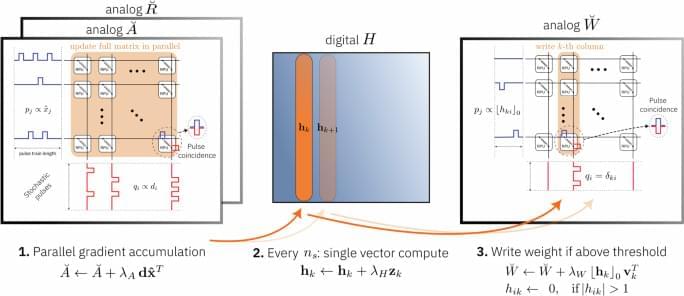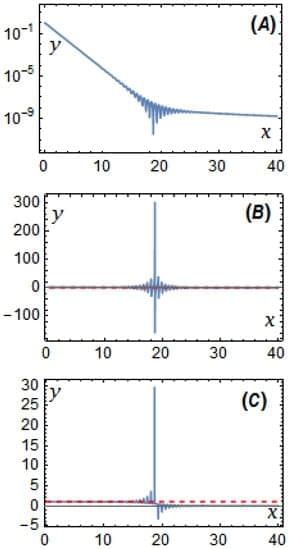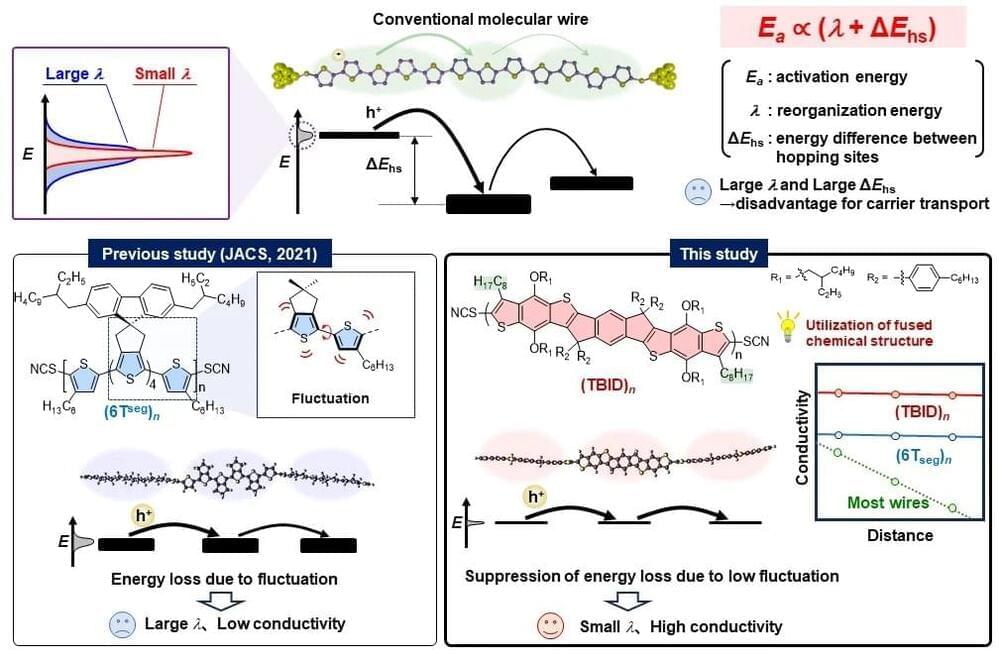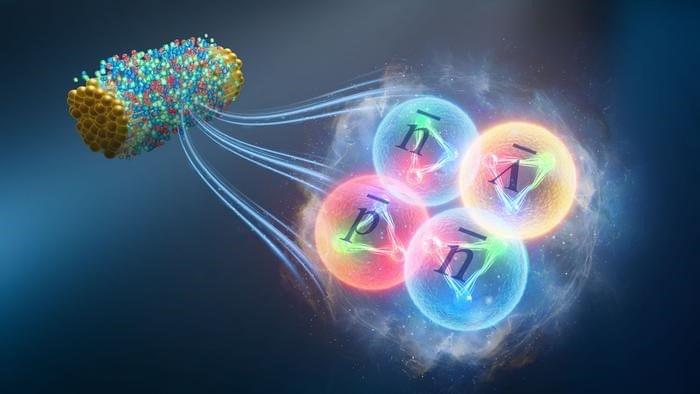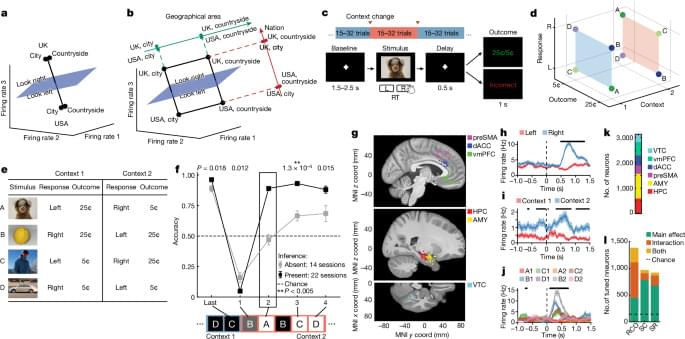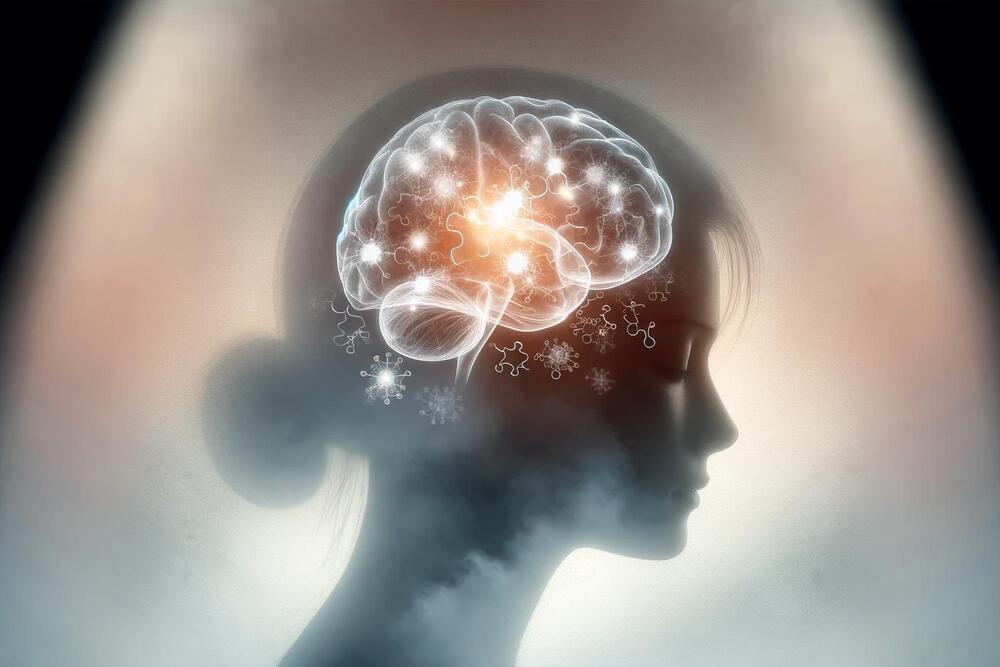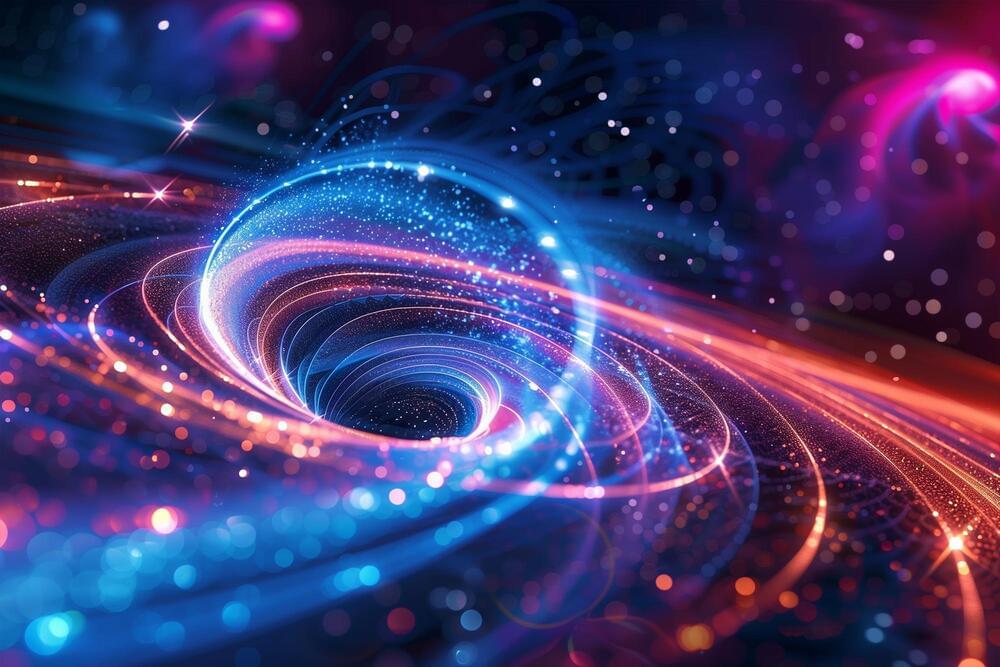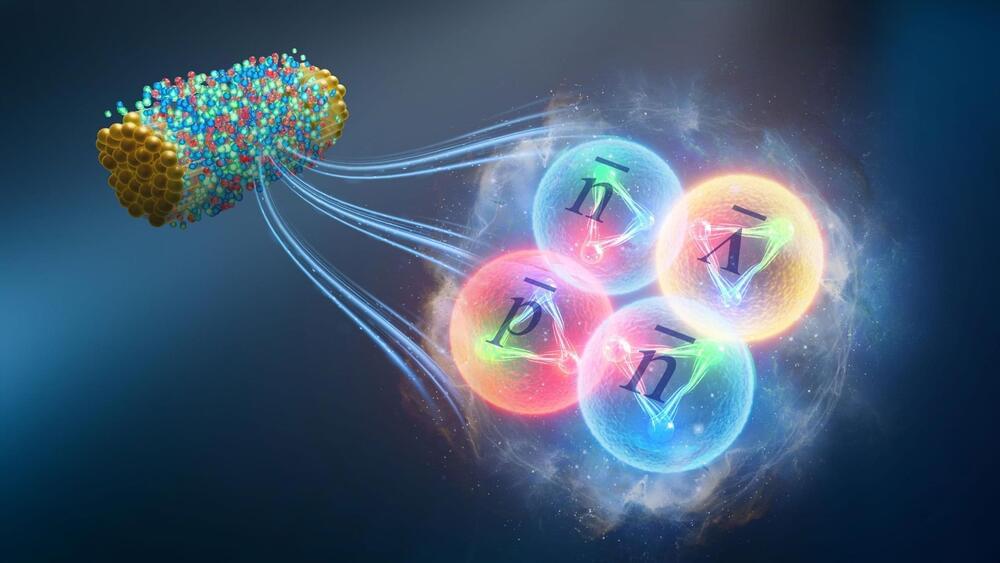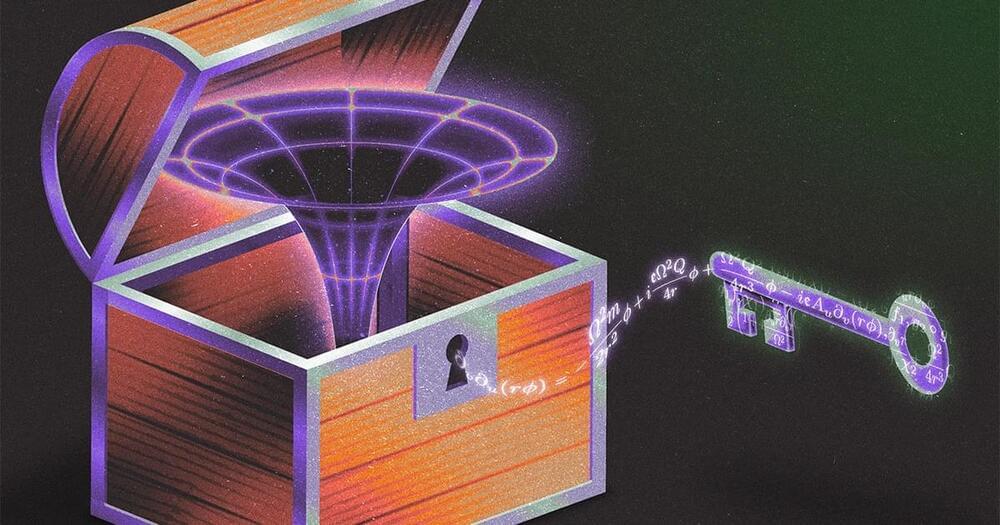From the high-voltage wires that carry electricity over long distances, to the tungsten filaments in our incandescent lights, we may have become accustomed to thinking that electrical conductors are always made of metal. But for decades, scientists have been working on advanced materials based on carbon-based oligomer chains that can also conduct electricity. These include the organic light-emitting devices found in some modern smartphones and computers.
In quantum mechanics, electrons are not just point particles with definite positions, but rather can become ‘delocalized’ over a region. A molecule with a long stretch of alternating single-and double-bonds is said to have pi-conjugation, and conductive polymers operate by allowing delocalized electrons to hop between pi-conjugated regions – somewhat like a frog hopping between nearby puddles. However, the efficiency of this process is limited by differences in the energy levels of adjacent regions.
Fabricating oligomers and polymers with more uniform energy levels can lead to higher electrical conductivity, which is necessary for the development of new practical organic electronics, or even single-molecule wires.
